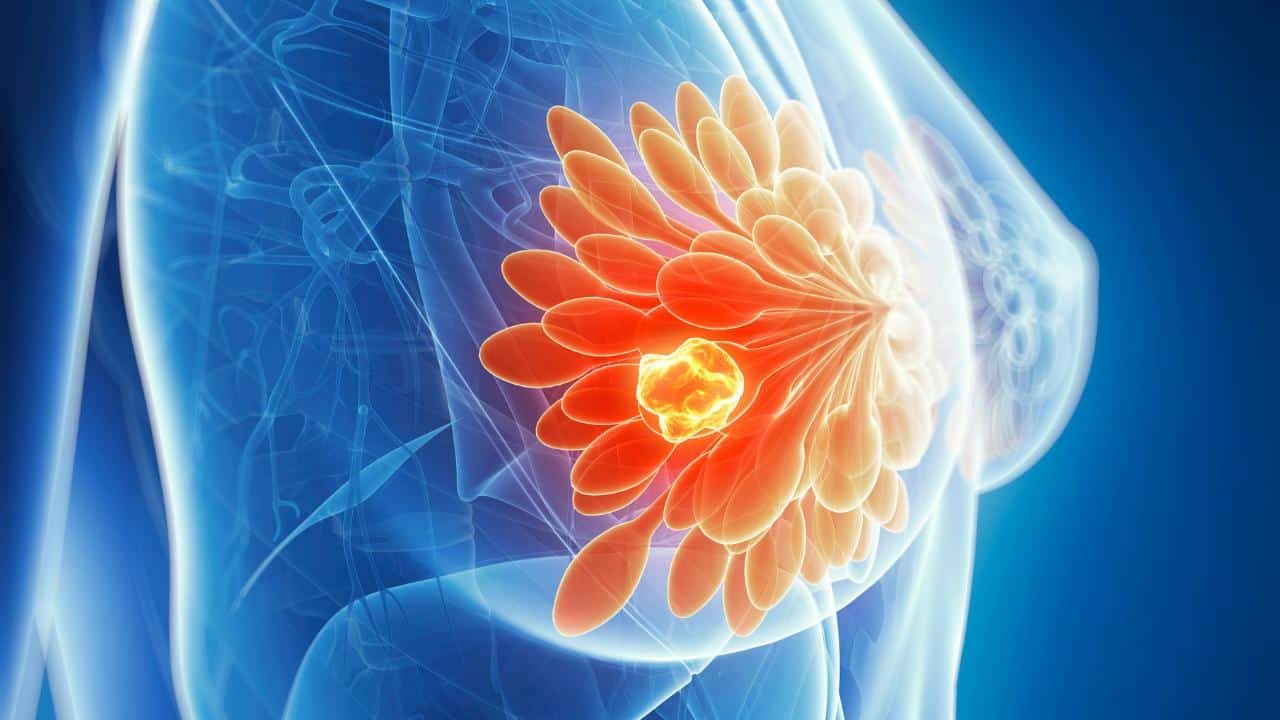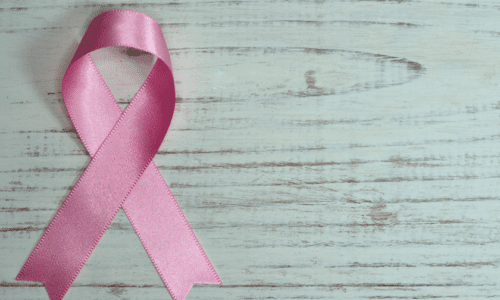Navigating Breast Cancer: Answers to Your Most Pressing Questions |

Breast cancer is the most commonly diagnosed cancer among women worldwide. With so many affected, understanding the signs, treatments, and ways to support loved ones facing this diagnosis is critical. On this episode of Ask the Doctor, Dr. Madeline Camejo, Chief Pharmacy Officer at Baptist Health, and Dr. Diane Van Ostren, Breast Cancer Clinical Pharmacy Specialist, tackle viewer questions and provide invaluable insights.
The Importance of Early Screening
One viewer, Kendrick, shared concerns about his wife, Charlene, who has a family history of breast cancer. While she feels too young for a mammogram at 25, Dr. Camejo emphasized that family history puts Charlene at higher risk.
Key Takeaways:
- Women with a family history of breast cancer should consider earlier screening.
- High-risk clinics can assess genetic predispositions, like BRCA mutations, to tailor screening plans.
- Routine gynecological visits are essential for early detection and prevention.
Prophylactic Mastectomy: A Preventive Option?
Another viewer, Athena, considered a prophylactic mastectomy due to her strong family history of breast cancer. While this procedure reduces the risk significantly, Dr. Van Ostren explained that it doesn’t eliminate all risk due to the potential presence of breast tissue or lymph node involvement.
Other Options:
- Medications like tamoxifen can lower risk but may not suit everyone.
- Bilateral salpingo-oophorectomy (removal of ovaries and fallopian tubes) can be considered for hormone-sensitive breast cancer.
- Consultation with a high-risk clinic is vital to weigh the benefits and risks of surgery or alternative treatments.
When to Be Concerned About a Breast Lump
Lucille asked about her mother’s cyst, initially detected via a mammogram. Dr. Camejo recommended a biopsy to ensure the lump is benign.
Signs to Watch For:
- Breast lumps
- Skin changes
- Nipple discharge
- Pain in the breast
Prompt follow-ups with a doctor are crucial to rule out malignancies.
Understanding Breast Cancer Types
Kenji inquired about his sister’s diagnosis of invasive breast cancer. Dr. Van Ostren highlighted the different types, including:
- Ductal Carcinoma In Situ (DCIS): An early-stage cancer confined to the milk ducts.
- Invasive Ductal Carcinoma (IDC): The most common type, spreading from milk ducts into surrounding tissues.
- Triple-Negative Breast Cancer: A more aggressive form that requires specific treatments.
Identifying the type and behavior of breast cancer is key to tailoring treatment plans.
Advancements in Breast Cancer Treatments
A pre-med student, Jensen, sought information about treatment options. Dr. Van Ostren outlined traditional and emerging therapies:
- Chemotherapy: Still foundational but has significant side effects.
- Targeted Therapy: Precisely attacks cancer cells with fewer side effects. Examples include trastuzumab for HER2-positive cancers.
- Immunotherapy: Boosts the body’s immune system to fight cancer.
- Hormone Therapy: Essential for hormone-receptor-positive cancers, often used post-chemotherapy for several years.
Herbal Supplements During Treatment
Chewy asked whether his wife could take herbal supplements while undergoing chemotherapy. Dr. Camejo warned against supplements without consulting a healthcare provider, as they might interfere with treatment. However, ginseng has shown promise in managing cancer-related fatigue, making it worth discussing with her oncologist.
Supporting Loved Ones
For those supporting someone diagnosed with breast cancer, here are ways to help:
- Stay informed about their specific diagnosis and treatment plan.
- Accompany them to appointments or simply be there to listen.
- Explore complementary care options, like integrative health clinics, for holistic support.
Your Questions, Answered
Dr. Camejo and Dr. Van Ostren emphasized the critical role of pharmacists in cancer care, from advising on medications to offering emotional support. Their expertise ensures patients receive personalized and up-to-date treatment.
If you have questions about breast cancer or want to learn more, Ask the Doctor is here to help. Submit your questions anytime at questions@allhealthtv.com or visit AllHealthTV.com.








